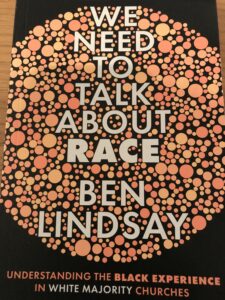“The killer was from Libya.” These words referred to a knife attack in Reading, which left three dead.
Is that a racist statement?
Maybe not, but it does contribute to a national supremacy agenda.
Let me explain.
Numerous awful crimes are reported in our media. Murders, rapes, people trafficking. Very often we are told the nationality of the perpetrator(s). for example, a Nigerian man killed this person; a group of Pakistani men raped these women, etc, etc.
But, when Ian Huntly (Soham), Thomas Hamilton (Dunblane), Michael Ryan (Hungerford) are referred to, there is no reference to their British heritage. When Jo Cox, MP, was killed, her murderer, Thomas Mair was referred to as a ‘far-right terrorist,’ not a ‘British Man.’
This subtle difference has a drip-drip effect on our thinking.
We already believe Britain to be ‘great.’ Its even in our name. We are ‘Great Britain.’ Other countries have names, France, India, Brazil – none are ‘great.’ So we have inherited a tendency to national superiority. And we had an empire! The sun never set on our empire.
The reporting of awful crimes by ‘foreigners’ in this way reinforces our sense of superiority. And, when a British man is identified as a killer, he is ‘far-right.’ The contrast is significant. It normalises evil behaviour in the foreigner in contrast to the behaviours of British people.
Our thinking becomes, ‘I am better than him.’ This leads to ‘we are better than they.’ And that is racism.
